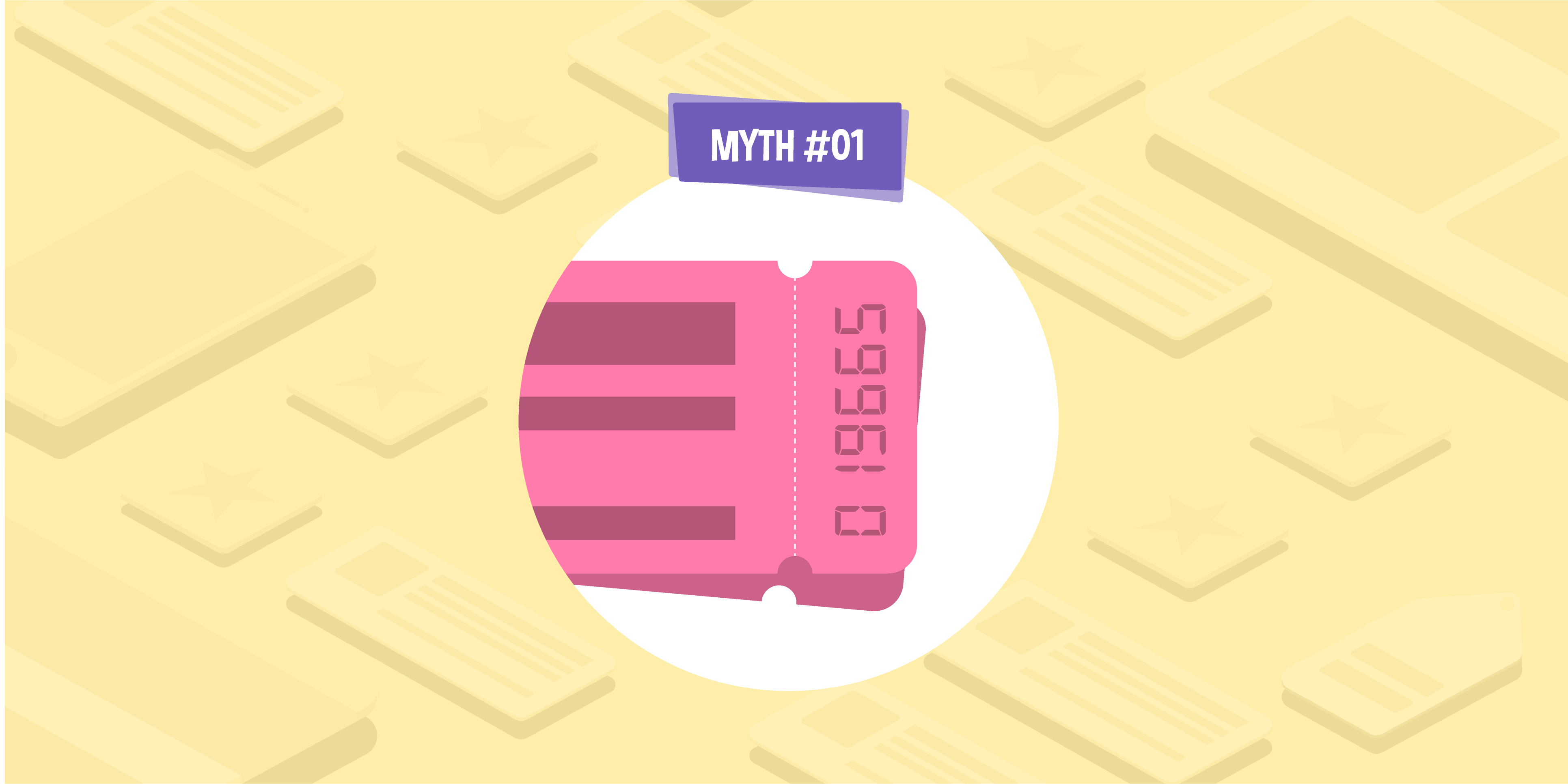
- 04 Feb 2015
- 6 Min read
AdWords: The importance of quality score
- by Marc Swann
PPC can often be viewed by clients as a gateway to instant success—especially when it is contrasted with SEO, where success is dependent upon time-intensive tasks, such as content optimisation, building links and fixing technical issues. Clients often view SEO as the long-term goal and PPC as a way to get their ROI in the meantime. The initial acceleration of a PPC campaign’s performance may be quicker than SEO, but building a strong campaign also takes a lot of time and hard work.
Creating a PPC campaign through Adwords allows a client to be immediately competitive. It allows them to rank number one for their desired search terms, setting the maximum cost per click to Google’s recommend top of first page bid. For a new account, this can end up being expensive and clients sometimes wonder why they are paying so much for each click. This is sometimes because they may have worked on other campaigns in the past where the cost per click was cheaper, or Google’s Keyword Tool has indicated that a specific keyword would be cheaper. But it’s worth noting that an advertiser can always reduce their keyword bid, but they may drop in average position as a result.
A more efficient way is to increase the quality score of an ad is to take advantage of Google’s internal algorithm. This is a continuous topic of discussion for SEO and PPC marketers. They debate and postulate how it is calculated, and this is what we know for sure: Google considers a bid on a keyword based on its quality score as well as the use of ad extensions. These can be site links to other parts of the website, location extensions that show the geographic location of the advertiser, phone number extensions, reviews and call out extensions, which can highlight a client’s USP.
The table below gives a hypothetical example of how the auction process works, with the three factors (bid, quality score and use of extensions) influencing the ad rank.
| Advertiser | Bid | Quality | Use of Extensions |
= |
Ad Rank |
| A | £2 | High | Good |
20 |
|
| B | £3 | Medium | Medium |
15 |
|
| C | £1 | Medium | Low |
8 |
|
| D | £4 | Low | None |
5 |
Advertiser A is ranked in 1st position with the highest ad rank, despite not bidding the most. This is because it targets a keyword with a high quality score and makes good use of Google’s ad extensions. In contrast, Advertiser D is ranked 4th despite bidding double of Advertiser A. This will result in the ad showing on the side of the search engine results page, resulting in a low click-through rate.
It is generally accepted that the main variables in the Google algorithm are the bid and quality—with use of extensions only coming into the equation in October 2013. With this in mind, it shows the importance of quality score and how improving quality score should be one of the major focusses of your PPC strategy. This demonstrates that it’s not enough to throw money at a PPC campaign; careful planning and hard work can save money and produce much better results.
Now that we know how important quality score is, let’s take a look at how Google calculates it. We can do this by taking into account three factors:
- Expected Click-Through Rate: This is what Google expects the click-through rate to be based on past performance (how it has performed on other devices and locations). This metric also looks at how other advertisers’ bids on this keyword have performed.
- Ad Relevance: This measures how relevant your ad is to the user’s search term that triggers your target keyword ad.
- Landing Page Relevance: The site should be relevant to your keyword and original content. It should be easy to navigate, clear and useful to customers.
Each factor is scored as either ‘below average’ ‘average’ or ‘above average’. You can view how Google scores these factors by hovering on the bubble next to a keyword in the keyword tab in Adwords. A box like the one below should pop up.
With this information, you can pinpoint what needs to worked on to improve your quality score. You may have to simply choose a more relevant landing page, restructure your adgroups so that they are more relevant. Or, you may need to re-write the ad. Sometimes, changes are needed to be made to the website’s content that the ad links to.
A keywords quality score is recalculated every time it is triggered by a search term, so changing a landing page or changing a text ad can have a quick impact on your quality score. The expected click-through rate quality needs data before it can begin to improve, so if a new keyword has a low expected click-through rate but it turns out to have a high click-through rate, let it run and over time you should see an improvement in quality score, resulting in a lower cost per click.
Although keyword quality is the only visible metric, it is widely agreed that the entire account also has a quality score, which is made up of historical performance data. So having a lot of high quality keywords, with high click-through rates will have a positive impact on your account quality score. Therefore when you create new keywords, they will have a higher default quality score and more chance of making an immediate impact. For clients who are setting up new accounts, they will be competing against accounts that have large quantities of historical data which can result in them needing to pay a higher cost per click for their keywords.
When reporting to clients, they will want to see lowering cost per acquisition or an increasing return on ad spend. They probably brush straight over the tab reporting on quality score, which is a major factor in the performance in an account. So it’s important to set clients’ expectations from the start and right throughout the campaign. Let them know if any changes are needed that are out of your control. Does the website have a relevant landing page for the keyword they want to bid on? Is their site easy to navigate? While managing the account is your responsibility, it’s also your responsibility to let the client know what they can do to help improve the account.
If you would like Glass Digital to take a look at the quality of your Adwords account, contact us today for a free Adwords account audit. Read more about our PPC services to see if they could benefit your online strategy.
Marc Swann
Search Director

